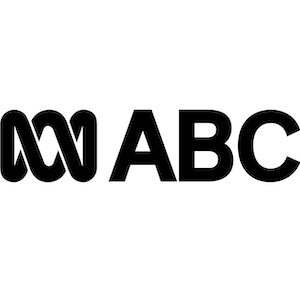By Luca Belgiorno-Nettis, in The Mandarin 3/8/2023
The way we do politics is all wrong, and the Voice highlights how bone-headed our system is.
As the political scientist and my former co-director, Ian Marsh, said:
‘Firstly, political incentives undercut bipartisanship. Secondly, since the primary channel for the leaders is the media, there is no systemic ability to develop a public conversation, except short-term soundbites. We need a formal political structure to create a public conversation, but the system lacks this.’
Parliament is mostly about debating when what we need is a place to build consensus.
The process for the Voice can be traced back a decade when the first expert panel was appointed by Julia Gillard in 2013. That panel was tasked to report to the government on ‘possible options to give effect to indigenous constitutional recognition.’ It didn’t take long for the panel to determine that a symbolic form of recognition may have been acceptable to the electorate, but it wasn’t enough for indigenous Australians. However, when Tony Abbott was elected PM, even a minimal vision of recognition started becoming unpopular.
Next came Malcolm Turnbull who, in 2015, established the referendum council, the body that devised the dialogue process concluding with the Uluru Statement. Turnbull hastily rejected the recommendation of that council, and it was only after Scott Morrison that Anthony Albanese resuscitated the Voice. It’s been ten years of backwards and forwards on this issue. Conventional wisdom suggests that each change of government brings with it a fresh perspective but often it’s a never-ending trail of political positioning and one-upmanship. The result being that all progress gets impeded.
In June I visited Dublin to observe their citizens’ assembly on drug use. This was that country’s sixth assembly, with two previous ones acting as precursors to successful referenda. Ireland, Germany, France, Italy, Switzerland, and Belgium are all using the same core idea: extend the involvement of citizens to the political arena, just as we do in the judiciary for criminal juries.
When the Australian government proposed a bill this year to reform the yes/no pamphlet, it missed a golden opportunity. Several prominent political scientists recommended following the lead from overseas: convene a citizens’ jury to produce the guidebook. Instead, the pamphlet for the Voice has been written with the predictable binary rhetoric. A citizens’ jury, on the other hand, would have been asked: ‘What do your fellow citizens need to know before voting on this referendum?’
The assembly — consisting of up to 100 people chosen by democratic lottery — would not indulge in point-scoring but, instead, share its deliberations and judgement with the broader community: live-streamed and transparent, months before the referendum vote itself.
No other form of political infrastructure seems capable of framing the national conversation as well as these assemblies do.
We don’t need a binary argument.
We need to build consensus.
Read the original article here: https://www.themandarin.com.au/226904-citizens-assemblies-trail-of-political-one-upmanship/



